I guess most of us have heard of the placebo effect, but just in case. . . here’s my definition:
Being told that a pill (you don’t know it’s just sugar) is a fix for a problem, then having the problem resolve. The healing effect due ONLY to the belief of having a healing medicine, and not any actual physical medicine.

I think this is a great example of the power of thought on the physical world. It is at the very least, evidence that it may be possible to think healing into being. As I was reviewing my historical records of how diminished value claims are settled, I began to think about and analyze the conversations and belief patterns of my customers as they behaved and thought about their insurance claim potential. The placebo effect is rampant.
Those customers that I have helped who believed that their diminished value claim would be settled amicably, behaved like it would. They exuded the strong belief that they were “right” throughout the process of their claim negotiations. Without fail, those customers who believed they would, were able to get their diminished value settled.
On the flip side. . . those customers who were unsure about their DV claim, apprehensive about the insurance company being unfair, if they questioned what they were owed, or if they were unsure of the level of help they might get from us. . . . even though we are still able to help those types of customers (and even flip their attitude, sometimes). The point is that their non-belief in the potential success of their diminished value claims made them much harder to settle and they almost always had to settle for a much lower figure than those customers who simply KNEW they would get their money.
The common denominator is that if you believe the insurance company owes you money for diminished value, and you believe that you are going to force them to pay you what is fair if the don’t offer it voluntarily, then your chance of a good  settlement is very high. If you know they are going to pay (and act like it), the insurance company can tell that you are not going away without a fair diminished value recovery, and they generally make the wise and economical choice of settling the claim, instead of fighting with somebody that totally believes in every step of the process up to the point of getting a Judge or Jury to award them ALL of their diminished value damages. If you don’t believe in your DV claim, you can bet that it is obvious and the claims representative can tell it. They will use your own doubts as defenses to paying you (even without knowing they are doing it).
settlement is very high. If you know they are going to pay (and act like it), the insurance company can tell that you are not going away without a fair diminished value recovery, and they generally make the wise and economical choice of settling the claim, instead of fighting with somebody that totally believes in every step of the process up to the point of getting a Judge or Jury to award them ALL of their diminished value damages. If you don’t believe in your DV claim, you can bet that it is obvious and the claims representative can tell it. They will use your own doubts as defenses to paying you (even without knowing they are doing it).
Henry Ford says it well. . . “Whether you think you can, or you think you can’t–you’re right.”
Sometimes, it’s just in the Petty Details!

